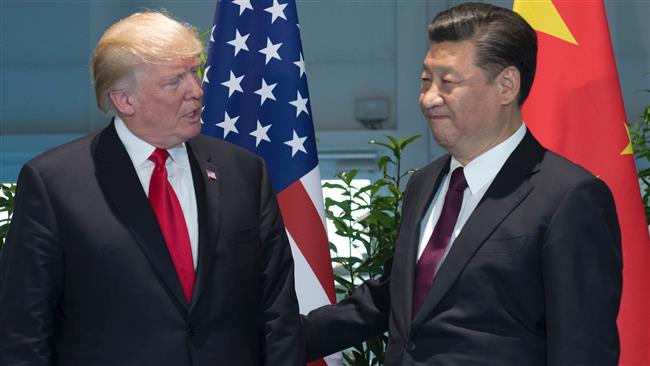
Amid escalating tensions on the Korean Peninsula, the People’s Liberation Army of China has conducted military exercises near the Korean border, raising concerns of potential conflict between the United States and North Korea. The fear of war has intensified in recent months, fueled by North Korea’s illegal missile tests and threats to target the US territory of Guam with a nuclear missile. China’s military drills, particularly on the Korean border, add a new dimension to the geopolitical landscape, prompting military experts to analyze potential alliances in the event of a conflict.
Military expert Li Jie offered her perspective on China’s stance, suggesting that the timing of the military exercises serves as a warning to the US and South Korea not to provoke North Korea further. The People’s Liberation Army’s announcement, coupled with the deployment of surveillance aircraft to the Yellow Sea and East China Sea, is seen as a strategic move to safeguard China’s interests and enhance combat-readiness.
China’s assertiveness comes as the US prepares for its own military drills in the region with South Korea. The joint exercises, involving up to 260 aircraft, simulate an air war scenario with North Korea and have been a longstanding practice between the US and South Korea. However, China, along with Russia, had proposed a “dual suspension” plan, urging the cancellation of the US drills in exchange for North Korea halting its weapons programs. The US rejected this proposal, leading to heightened tensions.
China’s frustration with US President Donald Trump’s approach to North Korea is evident. The US increased sanctions through a UN Security Council resolution, and Trump called for China to halt all trade with North Korea, further straining relations. China, in response, criticized the US for transferring pressure to Beijing and emphasized its commitment to upholding its principles while preparing for potential escalation.
The dynamics in the region reflect the delicate balance of power and interests. China’s military exercises near the Korean border signify a proactive stance, but the nation also emphasizes its desire to alleviate tensions while being prepared for the worst. The longstanding loyalty between China and North Korea, driven in part by concerns about a potential refugee crisis, remains a key factor in shaping China’s strategic decisions in the face of regional uncertainty. As the situation evolves, the geopolitical chessboard in East Asia undergoes shifts that carry implications for regional stability and global alliances.
RELATED ARTICLES
- Bible Banned! Shocking New Laws in South Dakota and Georgia
- Russia Fires Barrage of North Korean Missiles at Kyiv After US Visit
- Russian Ambassador to Washington calls USA "terrorist state", says Conquering of Ukraine will Weaken USA
- France Threatens Nuclear Strike on Russia
- USA Issues Threat to Hungary over Continuous Support for Putin











